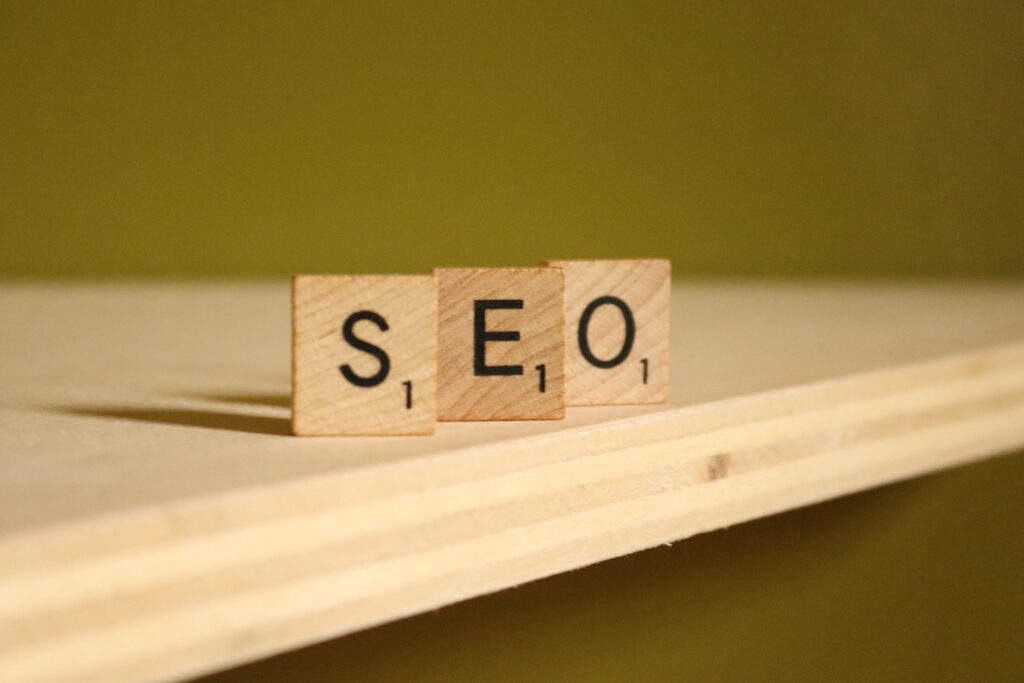The Big Predictions for SEO in 2023

SEO is an industry that is changing extremely quickly. In some respects, these changes are lightning-fast, causing a whole bunch of headaches for SEOs like myself. Other elements of SEO seem to remain as pertinent as ever. And SEO is only becoming more popular. Today we’re going high level, and we’re going to ask ourselves: What in the name of John Mueller’s glasses is going to happen in the world of SEO in 2023?
Could it be AI?
Unless you had your head firmly submerged under a rock in the latter stages of 2022, you’ll be aware of Chat GPT. I won’t bore you with an intro or how it could be used as a rival to Google’s search engine. But let’s talk about how this kind of tech will shape the year in SEO. Many people have speculated that generative AI tools such as Chat GPT are dangerous for Google. But I don’t think it’s quite there yet. At least not for Google to be that concerned. And that’s because I’d be stunned if Google will not launch an even more impressive alternative in 2023. Of course, this will need to be squared with the need to avoid providing a single answer. How would its ad model survive otherwise?
For now, there are still a number of ways that you can leverage ChatGPT in your SEO work.
Links could be slightly different by the end of 2023
Maybe SEOs think that links will become less and less decisive over the coming years in ranking pages. This is as soon as Google can find a valid alternative. But for now, links are still a big part of SEO. However, I think that Google will be much better at ignoring links it thinks aren’t beneficial for the end user. This is similar to link rot. But instead of a link being removed, Google will simply ignore it. Expect this to happen to older links or links that were built using *ahem underhand tactics. This will demonstrate the need for fresher continued link-building campaigns.
At my agency, RankRise, we understand this. We’re constantly trying to find smarter ways to build links in a natural way. So it’s likely that links will still be the most important ranking factor in 2023. But you can expect Google to be much smarter when it comes to neutralizing spammy and ill-thought-out link-building campaigns.
AI-generated content ain’t gonna fly.
Every time I refresh my Twitter feed, it seems I see a post showing Search Console growth along with a brag about using AI content. Google is already very good at understanding content that is produced by AI. Low-quality SEOs and content producers are promising vast amounts of content using this method. It might even work for a short time. But this is a considerable risk for business owners. These sites will be picked up by Google, and their rankings will disappear just as quickly as they arrived.
So my not-so-out-there prediction is this – good content writers and SEOs that play by the rules are here to stay.
Sorry, but more ads are coming.
We have seen that Google has increased the number of ads in the SERPs compared to organic results. I’ve experienced a search experience with as few as five results on the first page. Google’s ad revenue from search isn’t growing as quickly as in previous years. I think that this means we will see more inventory being used for ads, as opposed to organic results. But alongside this, users are getting better at noticing ads. Remember that Google has now changed the ad tab that appears on ad inventory to sponsored.
How will Google deal will this trend where users are considering paid content as less valuable? The answer to that is yet to be seen, but it’s definitely going to be an exciting year for us SEOs.
Google will need to reassess E-A-T
Google’s E-A-T (Expertise, Authoritativeness, Trustworthiness) algorithm is a significant factor in determining the quality and relevance of a website’s content. It has already been revamped in the latest core update. But I think in 2023, it will become more important than ever to demonstrate your site as a trustworthy source. However, as we have mentioned, there will likely be a huge influx of AI-generated content and other nefarious applications of AI.
Google will need to reassess how it determines if a piece of content is helpful to a user. And I believe this will need to be done via E-A-T.
So that it can effectively identify and prioritize what it calls helpful content, Google will need to solve this problem aggressively. This may involve updating the criteria used to evaluate websites, as well as incorporating new methods for verifying the expertise and authority of content creators. You can expect a much bigger reward if you can get it right.
Could it be the year that local takes off?
Since COVID, local SEO has been on a lot of business radars. It’s important, but it always seems an afterthought for many large enterprises, even if they have gigantic ad budgets. The problem here is that the GMB system is a little dated. Optimizing for local searches is valuable, and many smaller businesses know this. However, the system needs a refresh so these SMBs can get the most out of Google MyBusiness.
I think that local has been underrepresented in the SEO toolkit in the past few years. Expect to see a whole bunch of changes to local search results, and with that, a lot of opportunities to appear at relevant moments in the discoverability journey. Google will likely test many features in these local SERPs, so be sure to keep an eye on how you can capitalize, especially if you are a smaller business.